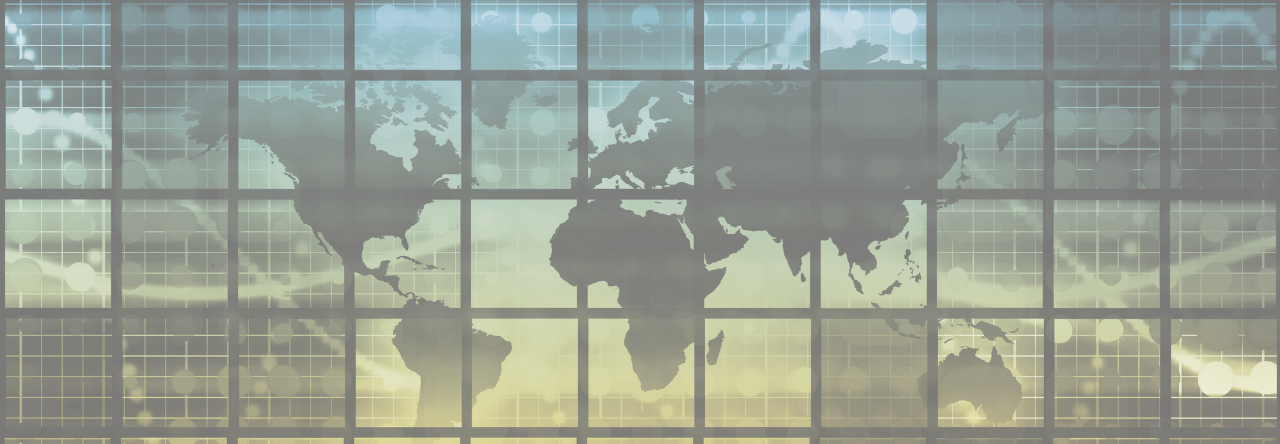This article is the English version of : Joao Augusto de Castro Neves and Bruno Reis, « Brésil : plus dure sera la chute », published in Politique étrangère, Vol. 81, Issue 3, 2016.

Brazil is experiencing one of the worst political and economic crises in its recent history – and certainly the worst since the return of democracy in the mid-1980s. Darling of the new global economic order for much of the last decade, Brazil has fallen off the pedestal of punditry in the past few years. Broadly speaking, this bout of pessimism is partly due to the recurrent habit among international relations pundits and market commentators of viewing the world in terms of an inexorable – and even faster – power transition among major powers (or major markets). Until recently the BRICS were construed as the building block of a new global order and a good place to put your money. Now, following the ebb and flow of the financial markets, it appears it is time for other acronyms to have their fifteen minutes in the spotlight.





Vous devez être connecté pour poster un commentaire.